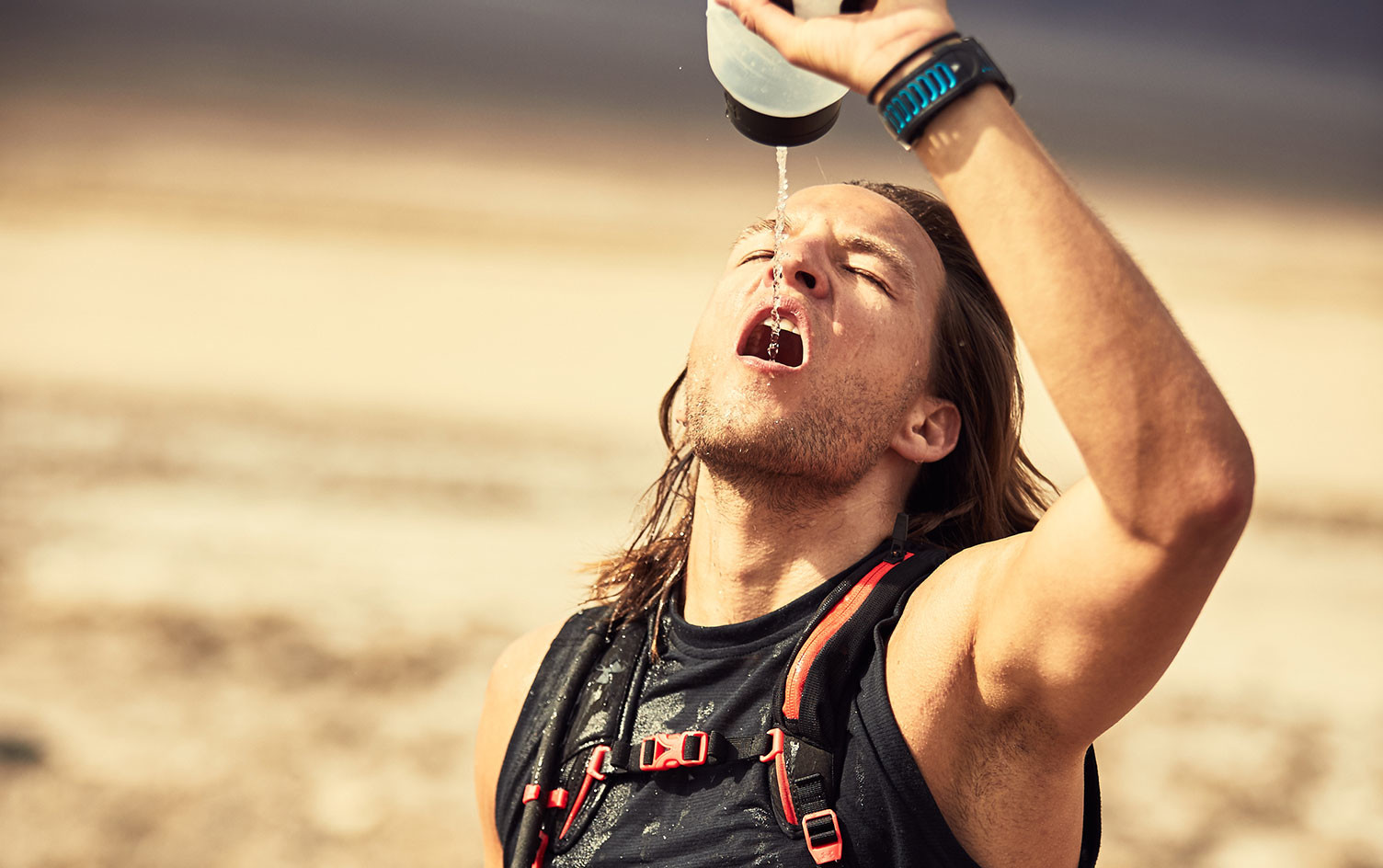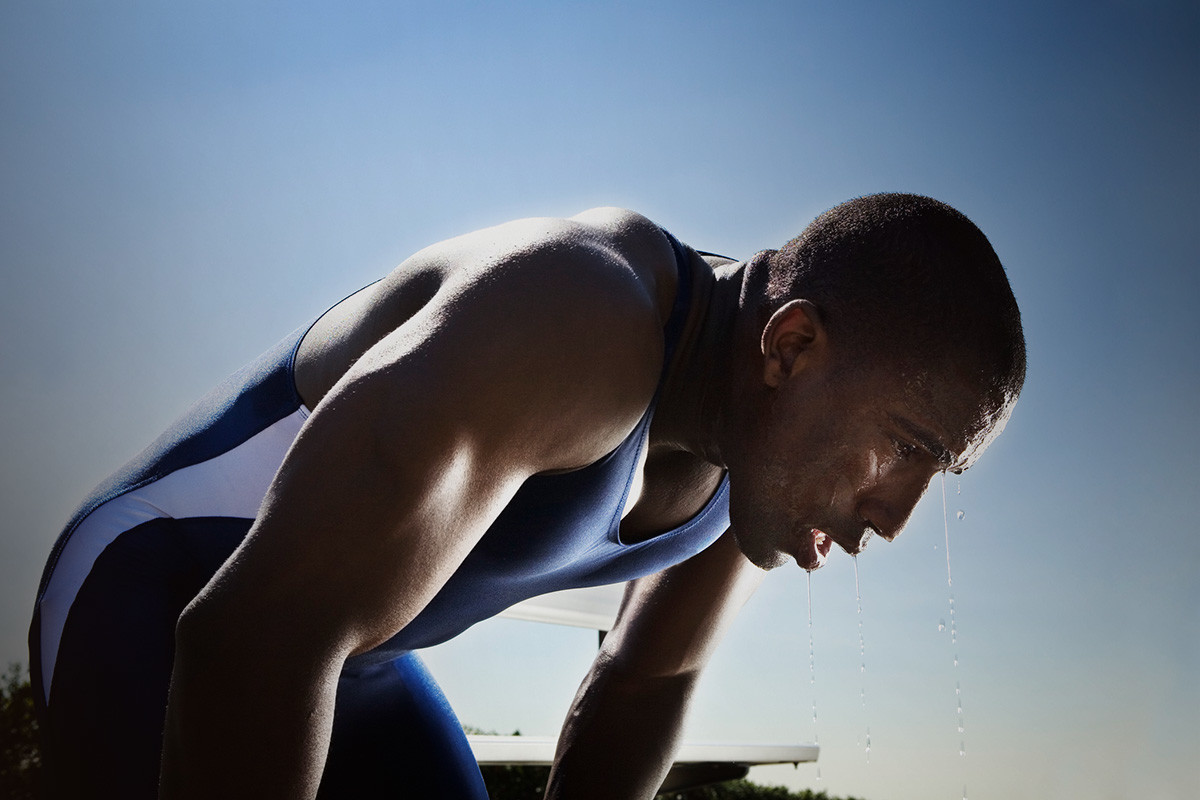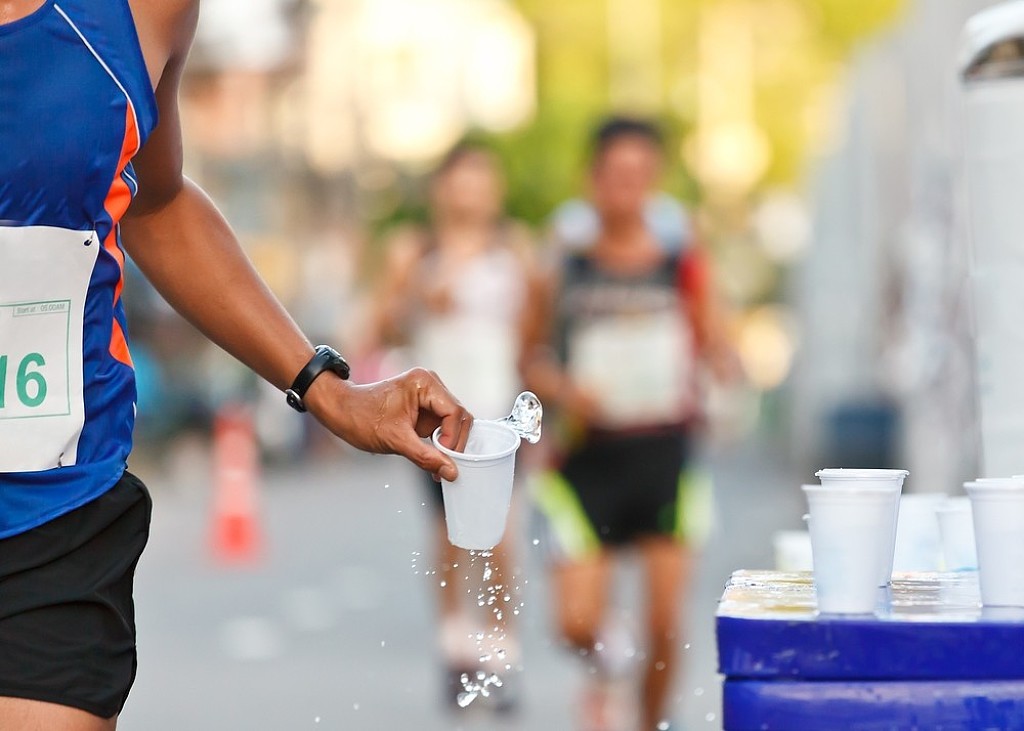Running News Daily
Running News Daily is edited by Bob Anderson. Send your news items to bob@mybestruns.com Advertising opportunities available. Train the Kenyan Way at KATA Kenya and Portugal owned and operated by Bob Anderson. Be sure to catch our movie A Long Run the movie KATA Running Camps and KATA Potato Farms - 31 now open in Kenya! https://kata.ke/
Index to Daily Posts · Sign Up For Updates · Run The World Feed
Why every marathon runner must avoid dehydration and over-hydration
A marathon runner’s sports performance is highly efficient when the runner is adequately hydrated. An excess or deficit of fluids can lead to fatal consequences.
Running creates excess heat. This leads to sweating- a coping mechanism of the body to cool down. The blood fluid becomes thicker as a result of the decline in fluid content in the body. Greater force is required to pump blood through the veins. This overloads the heart eventually leading to a heart attack.
“When training for a marathon, runners must drink water at regular intervals. This is to avoid dehydration especially with such variables like warm weather, running intensity, rate of sweating. Dehydration is common, leads to muscle cramps due to fluid and electrolyte loss and so must be avoided,” says Dr. Santosh Dora, Senior Cardiologist, Asian Heart Institute.“Similar to the effects of dehydration is over-hydration.

When runner’s gain weight while training, it is a sure sign of over drinking. Slow runners are more likely to over hydrate. This is a serious condition and in medical terms is called hyponatremia,” says Dr Vijay D'Silva, Director- Critical Care and Medical Affairs, Asian Heart Institute and Medical Director, Tata Mumbai Marathon.
Tips to hydrate yourself:
Consume at least 500 ml of fluid two hours before exercise so as to give your body enough time to get rid of excess ingested water.

Make sure you drink water every time an aid station comes. It is ideal if one drinks water from early on and at regular intervals so as to counter the loss through sweating.
Fast runners must drink more fluids to avoid dehydration.
Tips to avoid over-hydration:
Slow runners bear the risk of over hydration. In such a case, drink fluids after longer periods. The trick is to ‘drink to thirst’ rather than ‘drink to max’.Drink only that much fluid that you lose over sweating.
Try to choose such drinks which have sugar or electrolytes so that you can easily lose it through sweating.
Some symptoms of dehydration are feeling light-headed, rapid heart rate, sunken eyes, dry mouth, thirsty, and headache.
Symptoms of over-hydration include headache, puffy or bloated hands and feet, nausea, dizziness, disorientation, and feeling sleepy.
Login to leave a comment




